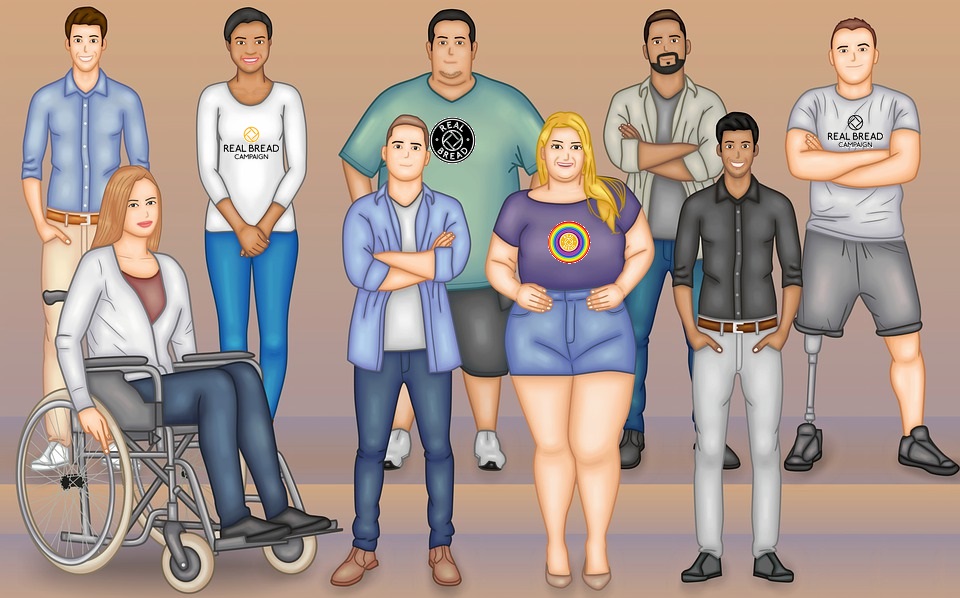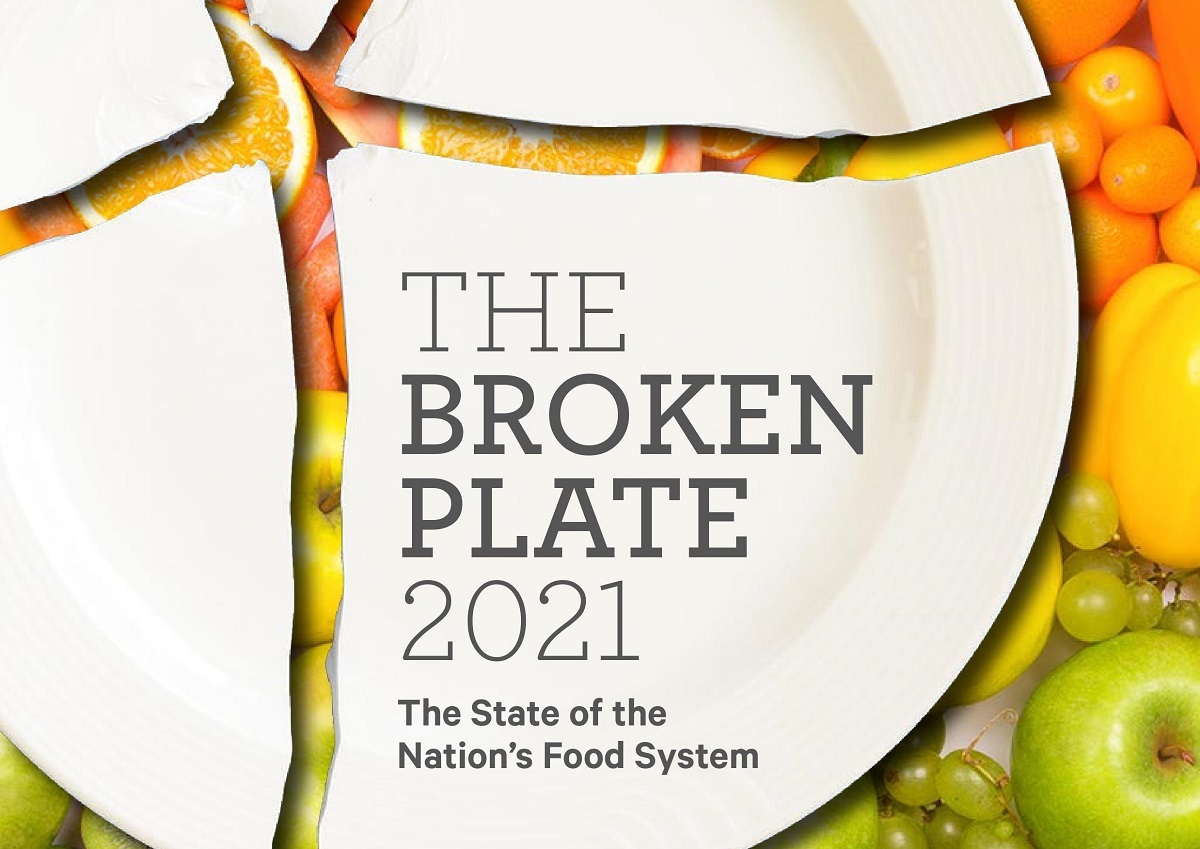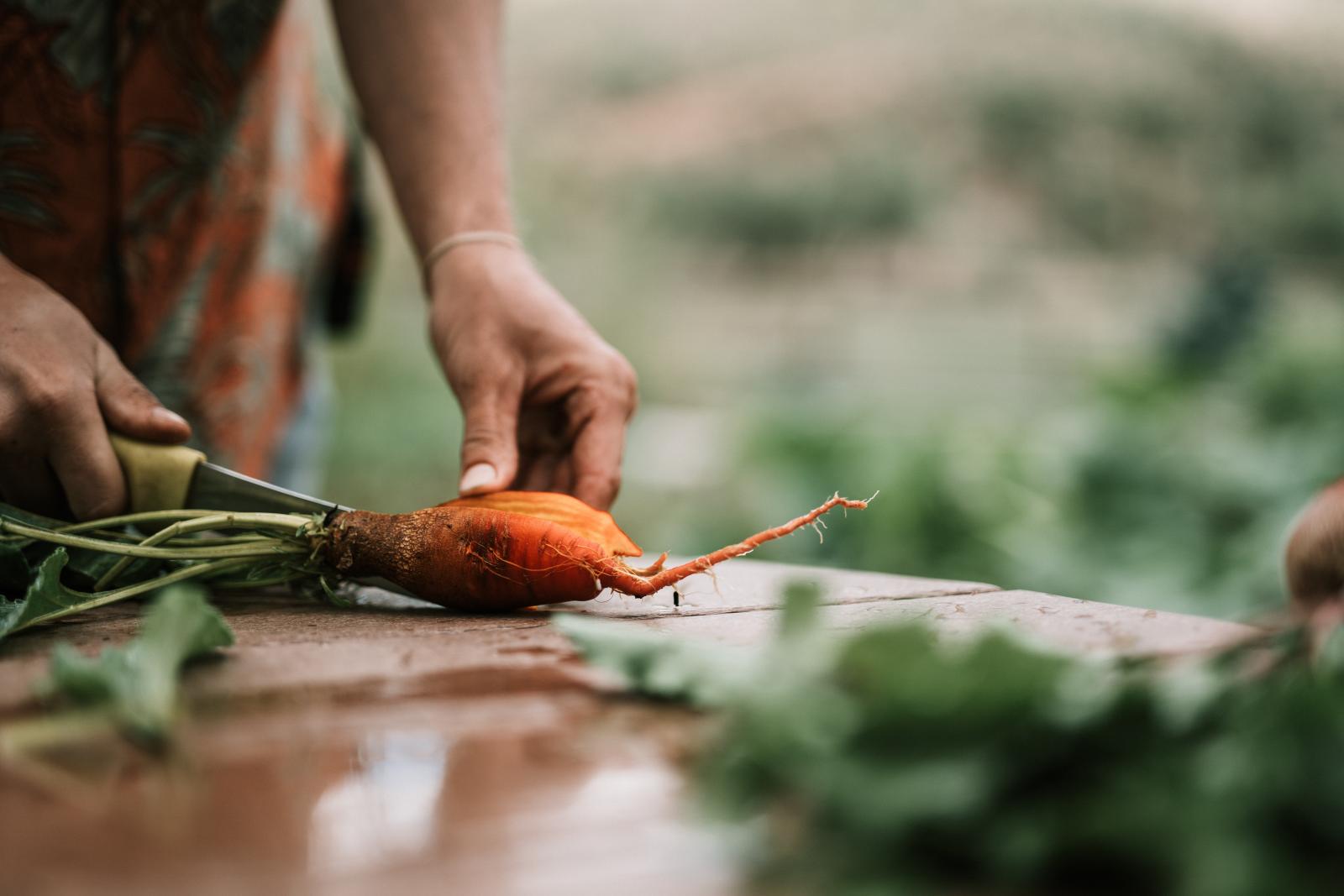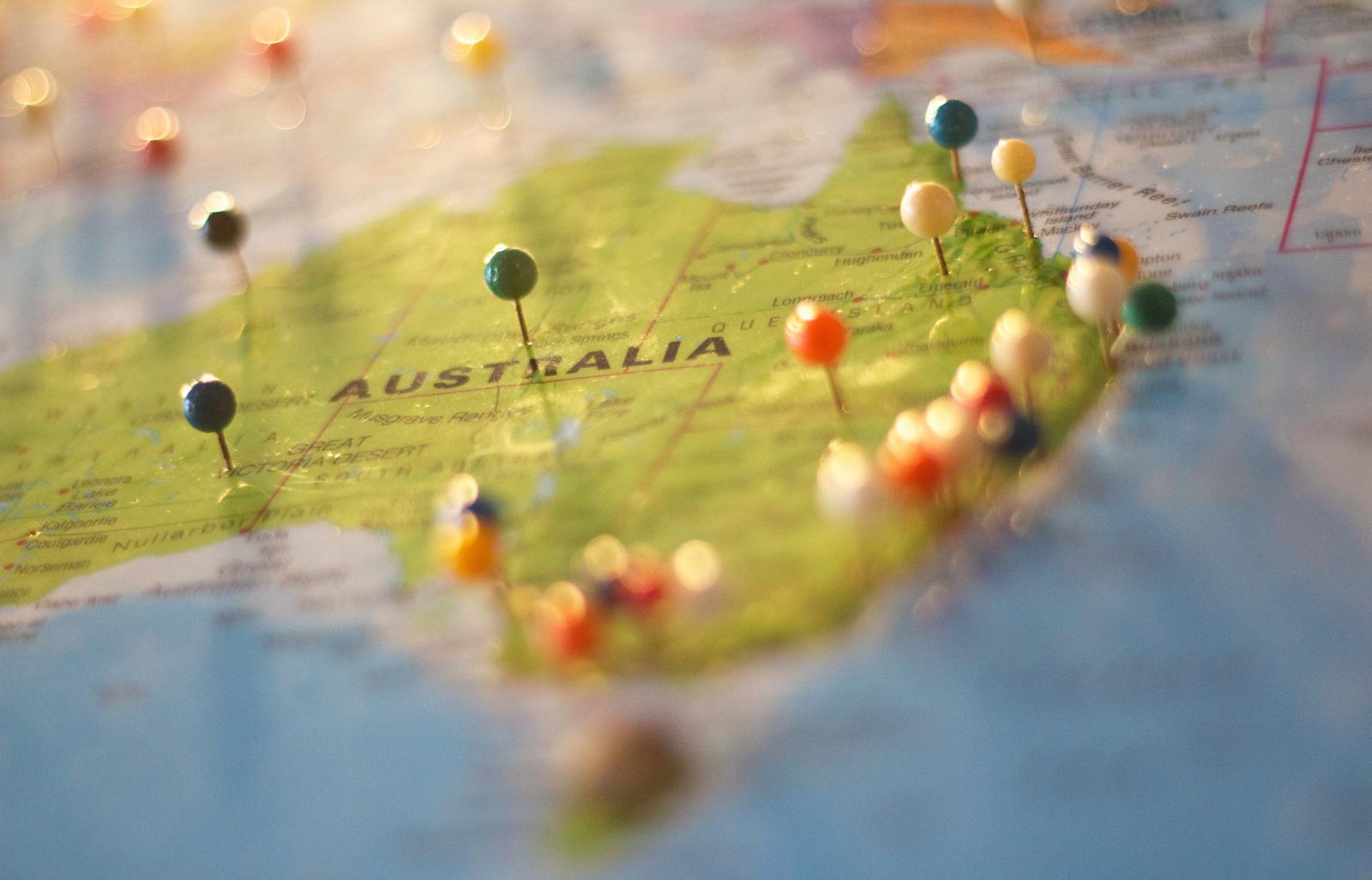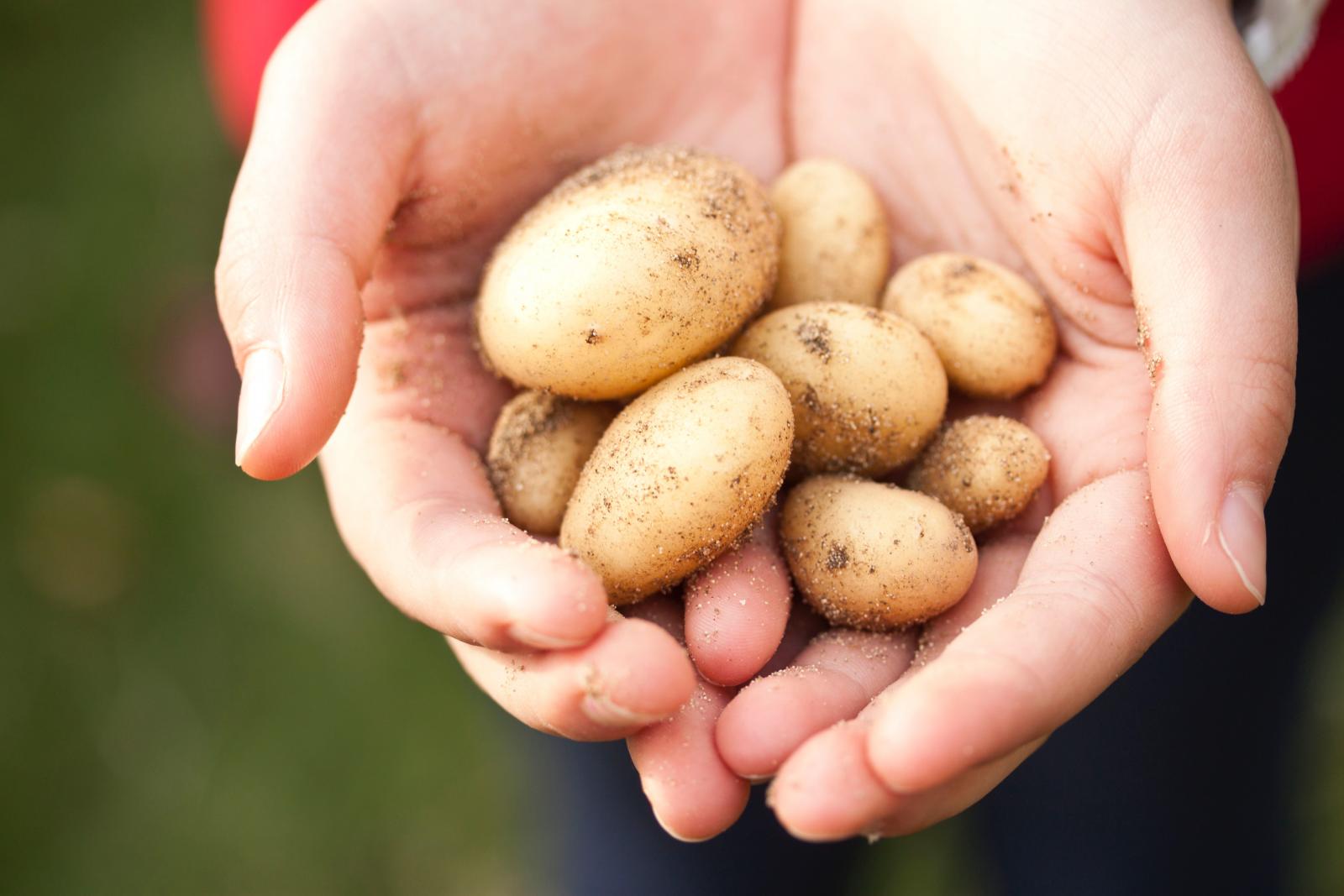Citizens need information about 'watery' food
Washed out British summer notwithstanding, water is rapidly rising up the global political agenda, and the biggest user of this precious natural resource is agriculture. That's why today, the Food Ethics Council and Sustain have published a briefing[1] recommending that food companies' water stewardship should be shown on food labels.
 It's important to look not only at how much water is used, but where and what impact it has. For example, research cited in the report shows that while agriculture uses an average 24% of water across the EU, this rises to a whopping 80% in some regions. Some types of food are also “thirstier” than others, with tomatoes, sugar-cane and meat and dairy products being particularly water intensive. So although, for instance, tomatoes grown in southern Spanish sunshine (rather than fossil-fuel heated greenhouses) might generate fewer greenhouse gases, they will use a lot of water from a region desperately short of it.
It's important to look not only at how much water is used, but where and what impact it has. For example, research cited in the report shows that while agriculture uses an average 24% of water across the EU, this rises to a whopping 80% in some regions. Some types of food are also “thirstier” than others, with tomatoes, sugar-cane and meat and dairy products being particularly water intensive. So although, for instance, tomatoes grown in southern Spanish sunshine (rather than fossil-fuel heated greenhouses) might generate fewer greenhouse gases, they will use a lot of water from a region desperately short of it.
The report's co-author Tom MacMillan said: "Public awareness of water scarcity remains low. In the UK, citizens are rarely exposed to the direct effects of severe water shortage and cannot readily see the links between their purchases and water shortage in other countries. Water use is not reflected in the price of the final product." MacMillan said the labels would not involve "litres per kilo" stickers, but should show good water stewardship –companies working hard to use water in ways that conserve it, use it efficiently and are environmentally sustainable.
Sustain's co-ordinator, Jeanette Longfield, who commissioned the report, added: “This information should go alongside other vital elements of sustainability, such as greenhouse gases, nutrition, and fair trade[2] so people can get a full picture of the impact of the food they buy. But, most important, when companies measure their impact they often improve it. Labelling, on the basis of water stewardship, could soon offer people products that cause less environmental damage.”
ENDS
20th July 2009
Food Ethics Council
Tom MacMillan – 01273-766-654 or 07973-137-185
tom@foodethicscouncil.org
Sustain: the alliance for better food and farming
Jeanette Longfield – 0203 5596 777 or 020-8566-1761(h)
jeanette@sustainweb.org
- Water labels on food: issues and recommendations. Ruth Segal and Tom MacMillan. July 2009. Food Ethics Council and Sustain: the alliance for better food and farming. The report can be downloaded from both websites - http://www.foodethicscouncil.org/node/461 and https://www.sustainweb.org/publications/
- See Sustain's prototype sustainability label here https://www.sustainweb.org/labelling/
Published Monday 20 July 2009
Sustainable Food: What you can do - and ask others to do - to help make our food and farming system fit for the future.
